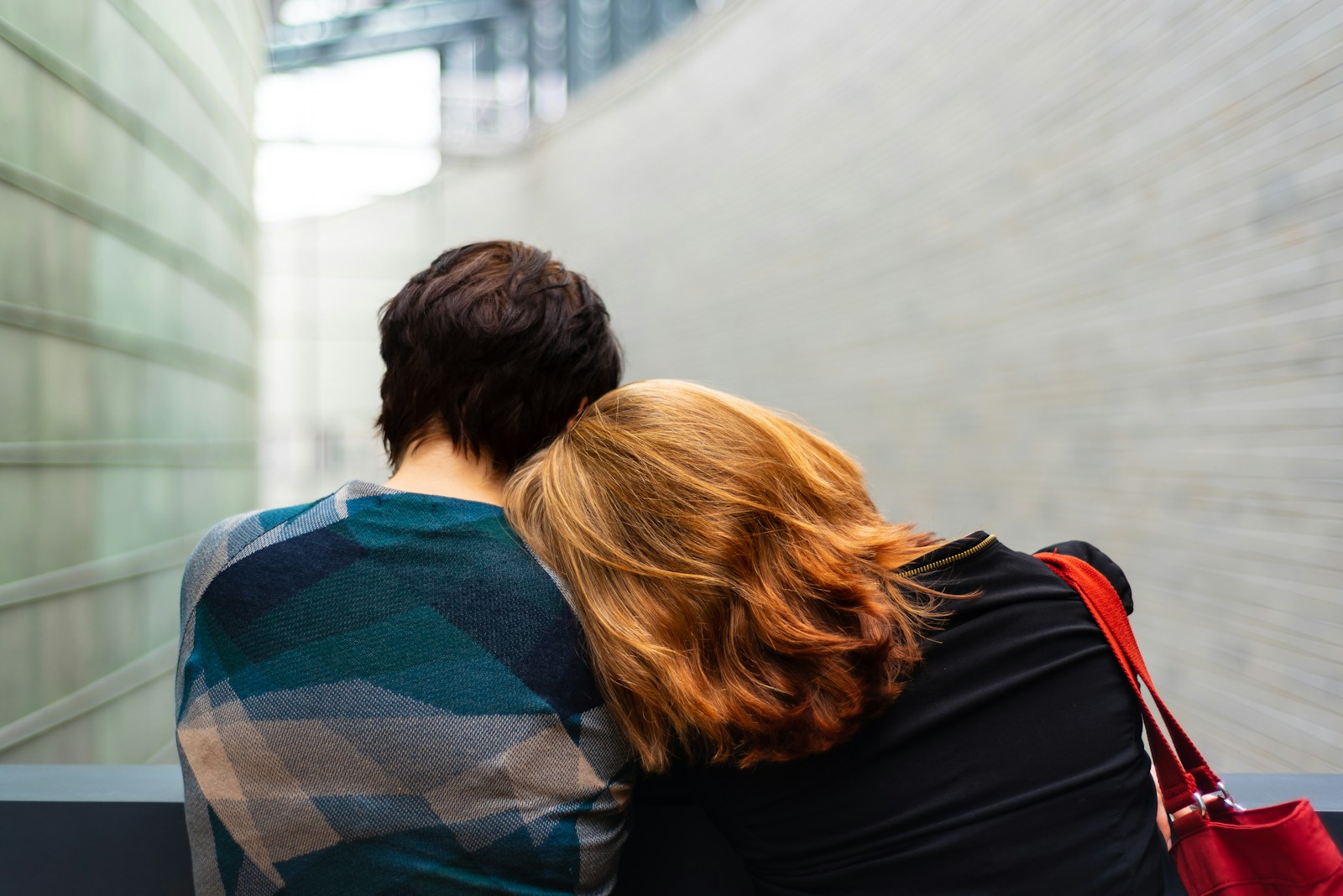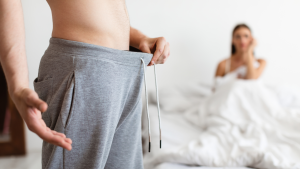Sexually transmitted diseases (STDs) are infections that spread from person to person through sexual contact. STD doesn’t cause any symptoms at all, especially early on. This can make it tricky to know if you’ve been infected.
But there are some warning signs to look out for. If you notice any of these symptoms, it’s important to get tested for STDs. Early diagnosis and treatment can help prevent serious health problems.
STD Symptoms in Men
- Burning or itching around the penis
- Pain when peeing
- Unusual discharge from the penis (clear, white, or yellow)
- Sores, bumps, or blisters on the penis, scrotum, or anus
- Swollen lymph nodes in the groin
STD Symptoms in Women
- Pain during sex
- Burning or itching in the vagina
- Unusual vaginal discharge (thick, white, clumpy, or with a bad smell)
- Bleeding between periods
- Pain when peeing
- Sores, bumps, or blisters on the vagina or vulva
Remember: These are just some of the most common STD symptoms. There are many other STDs, and each one can have different symptoms.
Things To Keep In Mind
- You can have an STD without having any symptoms.
- Symptoms can appear anywhere from a few days to several weeks after infection.
- Some STD symptoms can be caused by other things, such as a yeast infection or irritation from soap.
If you’re concerned that you might have an STD, the best thing to do is get tested. STD testing is confidential and often free or low-cost. There are many different types of STD tests available, so your doctor can help you choose the right one for you.
Popular Medications
Here are some medications that can help:
- Antibiotics: These are used for bacterial STDs like chlamydia and gonorrhea. Common ones include azithromycin and doxycycline.
- Antivirals: These help with viral STDs like herpes. Acyclovir and valacyclovir are examples.
- Antifungals: These treat yeast infections. Fluconazole is a common choice.
- Topical creams: These can help with itching and sores. Hydrocortisone cream is often used.
- Pain relievers: Over-the-counter pain relievers like ibuprofen can help with pain and swelling.
Catching STDs early is important. It helps to prevent serious problems. It also helps stop the spread of STDs to others. If you see any signs, talk to a doctor. They can help with tests and treatments.
It is also good to get regular check-ups. Even if you feel fine, some STDs do not show signs right away. Regular tests can catch these. Protect yourself and others by knowing the signs and getting help when needed.
FAQs
- What are early STD symptoms?
Early signs include pain when peeing, unusual discharge, sores, and itching. - Can erectile dysfunction be an STD symptom?
Yes, erectile dysfunction can be a sign of STDs like chlamydia or gonorrhea. - What medications help with STDs?
Common medications include antibiotics, antivirals, antifungals, topical creams, and pain relievers. - Do STDs show the same symptoms in men and women?
Some symptoms are the same, but others are different. Men and women can both have pain when peeing, but women might have pain in the lower belly while men might have swollen testicles. - Why is it important to catch STDs early?
Early detection helps prevent serious health problems and stops the spread of the disease.
Resources:
CDC: STD Symptoms
Mayo Clinic: Erectile Dysfunction
WebMD: STD Symptoms in Men and Women



